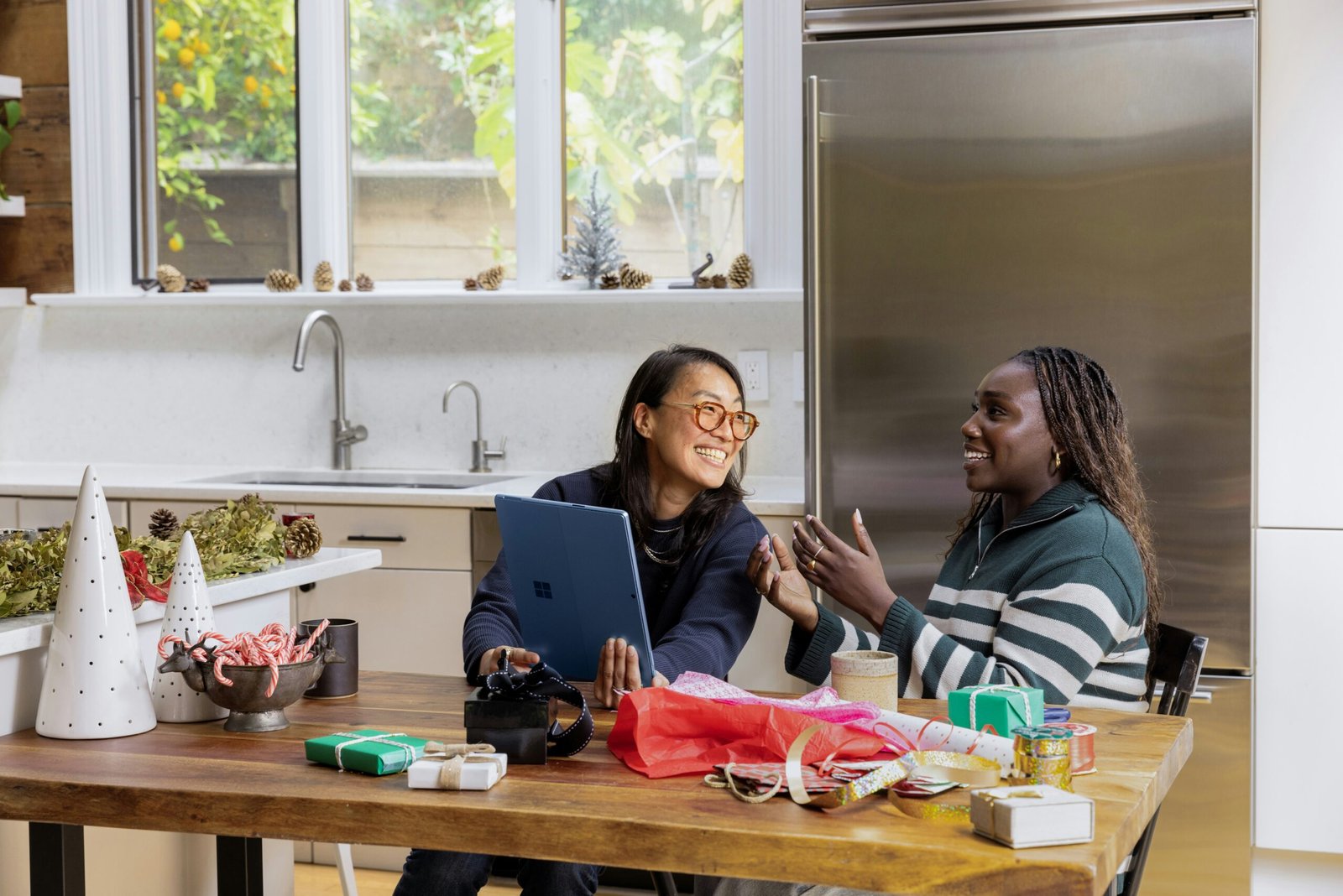Friendship Blues: Losing Your BFF to Her Boyfriend
Friendship is a beautiful bond that brings joy, support, and companionship into our lives. Having a best friend is like having a sister or brother from another mother. However, sometimes friendships face challenges, and one of the most common hurdles is when your best friend starts dating someone new. This can be a difficult situation to navigate, as it often means a shift in priorities and less time spent together. In this article, we will explore the complexities of losing your BFF to her boyfriend and offer some guidance on how to handle this sensitive situation.
Understanding the Dynamics
When your best friend enters into a romantic relationship, it is natural for her to invest time and energy into nurturing that bond. It can be exciting and all-consuming, especially during the honeymoon phase. However, it’s important to remember that this doesn’t mean your friendship is any less valuable or important. It’s just a new chapter in her life.
It’s crucial to approach this situation with empathy and understanding. Remember that your friend may be going through a period of intense emotions and may need your support now more than ever. By acknowledging the changes and being open to communication, you can maintain a healthy friendship while respecting her new relationship.
Here are a few key points to keep in mind:
1. Give Her Space
It’s essential to give your friend the space she needs to nurture her new relationship. Understand that she may want to spend more time with her partner, and that’s okay. Respect her boundaries and avoid being clingy or possessive. Trust that your friendship will endure even with a temporary shift in focus.
Remember, maintaining a healthy balance between personal relationships is crucial for everyone’s well-being. Encourage her to spend quality time with her boyfriend while also making time for your friendship.
2. Communicate Your Feelings
Open and honest communication is the key to resolving any conflicts or misunderstandings. If you’re feeling neglected or left out due to your friend’s new relationship, it’s important to express your feelings in a calm and non-confrontational manner.
Choose an appropriate time and place to have a heart-to-heart conversation. Let her know how you feel and why it’s important for you to maintain a strong bond. Avoid blaming or criticizing her boyfriend, as this may create tension. Instead, focus on your own emotions and the value you place on your friendship.
By expressing your concerns, you give your friend the opportunity to understand your perspective and make adjustments to ensure your friendship remains intact.
3. Find Common Ground
While your friend may be spending more time with her boyfriend, it doesn’t mean you have to be completely left out. Look for shared interests or activities that you can still enjoy together. Find new ways to bond and create memories that don’t revolve solely around your friend’s romantic relationship.
For example, if you both enjoy hiking, plan a weekend trip to explore a new trail. If you both love cooking, schedule regular cooking nights where you can try out new recipes together. By finding common ground, you can continue to strengthen your friendship and create new experiences.
4. Develop Your Own Interests
While it’s important to maintain your friendship, it’s also essential to focus on your own personal growth and development. Use this time to explore new hobbies, pursue your passions, and invest in self-care. By nurturing your own interests, you not only become a more well-rounded individual but also have exciting stories and experiences to share with your friend.
Remember, a healthy friendship is built on mutual support and individual growth. Encourage your friend to do the same and celebrate each other’s achievements.
Dealing with Jealousy and Insecurity
It’s natural to feel a sense of jealousy or insecurity when your best friend starts dating someone new. These emotions can stem from a fear of being replaced or left behind. However, it’s important to address these feelings and work through them in a healthy manner.
1. Reflect on Your Emotions
Take some time to reflect on the root cause of your jealousy or insecurity. Are you feeling lonely or neglected? Are you worried about losing your friend? Understanding the source of your emotions can help you address them more effectively.
Consider journaling or talking to a trusted confidant about your feelings. Sometimes, simply acknowledging and expressing your emotions can provide clarity and relief.
2. Practice Self-Compassion
Be kind to yourself during this challenging time. Remember that your worth as a friend is not determined by the amount of time your best friend spends with you. You are valuable and deserving of love and attention.
Practice self-care activities that make you feel good, whether it’s taking a bubble bath, going for a walk in nature, or indulging in your favorite hobbies. Remind yourself of your own strengths and qualities, and focus on nurturing your own well-being.
3. Seek Support from Other Friends
While your best friend may be preoccupied with her new relationship, it’s important to lean on other friends for support. Surround yourself with a network of people who value and appreciate your friendship.
Plan regular outings or virtual hangouts with other friends to maintain a sense of connection and belonging. Having a support system outside of your best friend can help alleviate feelings of loneliness or isolation.
4. Cultivate New Friendships
Friendship is not limited to one person. Take this opportunity to expand your social circle and meet new people. Join clubs, organizations, or online communities that align with your interests. Attend social events or networking gatherings where you can connect with like-minded individuals.
Building new friendships can be exciting and fulfilling. It allows you to broaden your horizons and create meaningful connections with people who share your passions and values.
Reassessing the Friendship
While it’s important to be understanding and supportive of your best friend’s new relationship, it’s also crucial to reassess the dynamics of your friendship. Relationships naturally evolve over time, and it’s essential to ensure that the friendship remains healthy and balanced.
1. Evaluate the Friendship
Take a step back and evaluate the overall health of your friendship. Are your needs being met? Is the friendship still mutually beneficial? It’s important to have a clear understanding of where the friendship stands.
If you find that the friendship has become one-sided or that your needs are consistently being neglected, it may be time to have a deeper conversation with your friend about the state of your relationship.
2. Set Boundaries
Setting boundaries is crucial in any relationship. Clearly communicate your needs and expectations to your friend. Let her know what you require in terms of time, attention, and support.
Be prepared to compromise and find a balance that works for both of you. Remember, a healthy friendship is built on mutual respect and understanding.
3. Seek Professional Help if Needed
If you find that the challenges in your friendship are becoming overwhelming or causing significant distress, it may be beneficial to seek professional help. A therapist or counselor can provide guidance and support as you navigate the complexities of your friendship.
Therapy can help you gain clarity, process your emotions, and develop effective communication strategies. Don’t hesitate to reach out for help if you feel it is necessary.
4. Embrace Change
As much as it may be difficult to accept, change is an inevitable part of life. Friendships evolve, and people grow and change over time. Embrace the changes that come with your friend’s new relationship and be open to the possibilities that lie ahead.
Remember that true friendships can withstand the test of time and distance. Even if your best friend is temporarily consumed by her romantic relationship, it doesn’t mean your friendship is over. Stay patient, understanding, and open to the journey.
Conclusion
Losing your BFF to her boyfriend can be a challenging experience, but it doesn’t have to mean the end of your friendship. By understanding the dynamics, communicating your feelings, and finding common ground, you can navigate this situation with grace and compassion.
Remember to address any feelings of jealousy or insecurity, practice self-compassion, and seek support from other friends. Reassess the dynamics of your friendship and set boundaries that work for both of you. Embrace change and remain open to the possibilities that lie ahead.
Friendships are precious, and with patience and understanding, they can endure even the most challenging circumstances. Cherish the bond you share with your best friend and continue to nurture it, even as her romantic relationship takes center stage.





